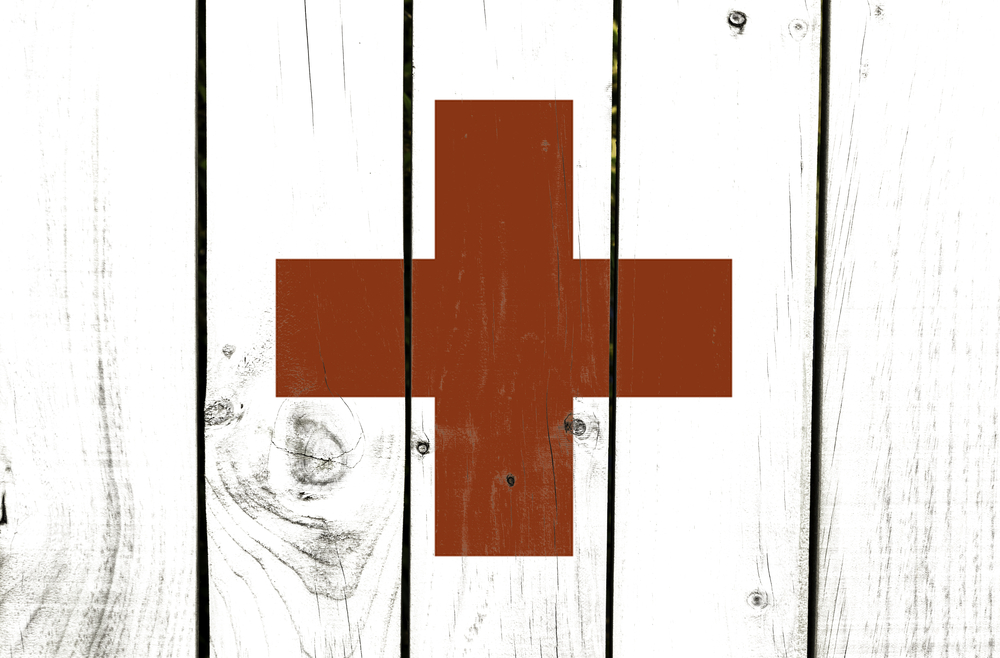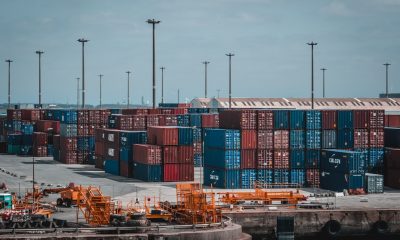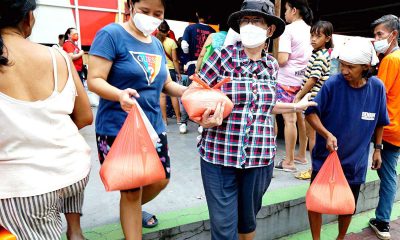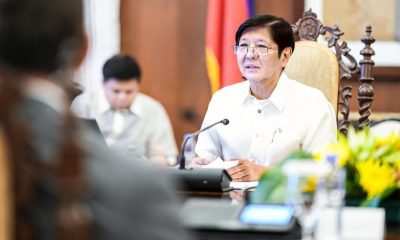Headline
Ebola crisis not prompting robust response from donors, unlike some other recent disasters
NEW YORK—Individual Americans, rich or not, donated generously in response to many recent international disasters, including the 2010 earthquake in Haiti and last year’s Typhoon Haiyan in the Philippines. The response to the Ebola epidemic is far less robust, and experts are wondering why.
There have been some huge gifts from American billionaires—$50 million from the Bill & Melinda Gates Foundation, $11.9 million from Microsoft co-founder Paul Allen’s foundation, and a $25 million gift this week from Facebook CEO Mark Zuckerberg and his wife, Priscilla Chan. Their beneficiaries included the Centers for Disease Control and Prevention, the World Health Organization and the U.S. Fund for UNICEF.
But the flow of smaller donations has been relatively modest.
The American Red Cross, for example, received a $2.8 million share of Allen’s donations. But Jana Sweeny, the charity’s director of international communications, said that’s been supplemented by only about $100,000 in gifts from other donors. By comparison, the Red Cross received more than $85 million in response to Typhoon Haiyan.
“After the typhoon, we got flooded with calls asking, ‘How do I give?”‘ Sweeny said. “With this (Ebola), we’re not getting those kinds of requests.”
Why the difference? For starters, it’s been evident that national governments will need to shoulder the bulk of the financial burden in combatting Ebola, particularly as its ripple effects are increasingly felt beyond the epicenter in West Africa.
Regine A. Webster of the Center for Disaster Philanthropy, which advises nonprofits on disaster response strategies, said the epidemic blurred the lines in terms of the categories that guide some big donors.
“This is a confusing issue for the private donor community—is it a disaster, or a health problem?” Webster said. “Institutions and individuals have been quite slow to respond.”
Officials at InterAction, an umbrella group for U.S. relief agencies active abroad, see other intangible factors at work, including the video and photographic images emerging from West Africa. Joel Charny, InterAction’s vice-president for humanitarian policy, said it was clear from the imagery out of Haiti and the Philippines that donations could help rebuild shattered homes and schools, while the images of Ebola are more frightening and less conducive to envisioning a happy ending.
“People give when they see that there’s a plausible solution,” Charny said. “They can say, ‘If I give my $50 or $200, it’s going to translate in some tangible way into relieving suffering.’ … That makes them feel good.”
“With Ebola, there’s kind of a fear factor,” he said. “Even competent agencies are feeling somewhat overwhelmed, and the nature of the disease—being so awful—makes it hard for people to engage.”
Gary Shaye, senior director for emergency operations with Save The Children, suggested that donors were moved to help after recent typhoons, tsunamis and earthquakes because of huge death tolls reported in the first wave of news reports. The Ebola death toll, in contrast, has been rising alarmingly but gradually over several months.
Like other organizations fighting Ebola, Save the Children is trying to convey to donors that it urgently needs private gifts—cherished because they can be used flexibly—regardless of how much government funding is committed.
“We need both—it’s not either/or,” said Shaye. He said Save the Children was particularly reliant on private funding to underwrite child-protection work in the three worst-hit countries—Guinea, Liberia and Sierra Leone—where many children have been isolated and stigmatized after their parents or other relatives got Ebola.
By last count, Shaye said, Save the Children had collected about $500,000 in private gifts earmarked for the Ebola crisis.
“We’re proud that we raised $500,000—but we’re talking about millions in needs that we will have,” he said.
Another group working on the front lines in West Africa is the Los Angeles-based International Medical Corps, which runs a treatment centre in Liberia and plans to open one soon in Sierra Leone.
Rebecca Milner, a vice-president of the corps, said it had been a struggle to raise awareness when Ebola-related fundraising efforts began in earnest in midsummer.
“It took a while before people began to respond, but now there’s definitely increased concern,” she said.
Thus far, Milner said, gifts and pledges earmarked for the Ebola response have totalled about $2.5 million—compared with about $6 million that her organization received in the first three months after the Haiti earthquake.
Among the groups most heartened by donor response is Doctors without Borders, which is widely credited with mounting the most extensive operations of any non-governmental organization in the Ebola-stricken region.
Thomas Kurmann, director of development for the organization’s U.S. branch, said American donors had given $7 million earmarked for the Ebola response, a portion of the roughly $40 million donated worldwide.
“It’s very good news,” Kurmann said. “There’s been significantly increased interest in the past three months.”
Doctors Without Borders said this week that 16 of its staff members have been infected with Ebola and nine have died.
A smaller non-profit, North Carolina-based SIM USA, found itself in the headlines in August and September, when two of its American health workers were infected with Ebola in Liberia. Both survived.
SIM’s vice-president for finance and operations, George Salloum, said the missionary organization—which typically gets $50 million a year in donations—received several hundred thousand dollars in gifts specifically linked to those Ebola developments.
Even as the crisis worsens, Salloum said nonprofits active in the Ebola zone need to be thinking long-term.
“At some point, we’ll be beyond the epidemic,” he said. “Then the challenge will be how to deal with the aftermath, when thousands of people have been killed. What about the elders, the children? There will be a lot of work for years.”
Online
U.S. Agency for International Development list of organizations responding to Ebola crisis: http://tinyurl.com/k7lq475






















